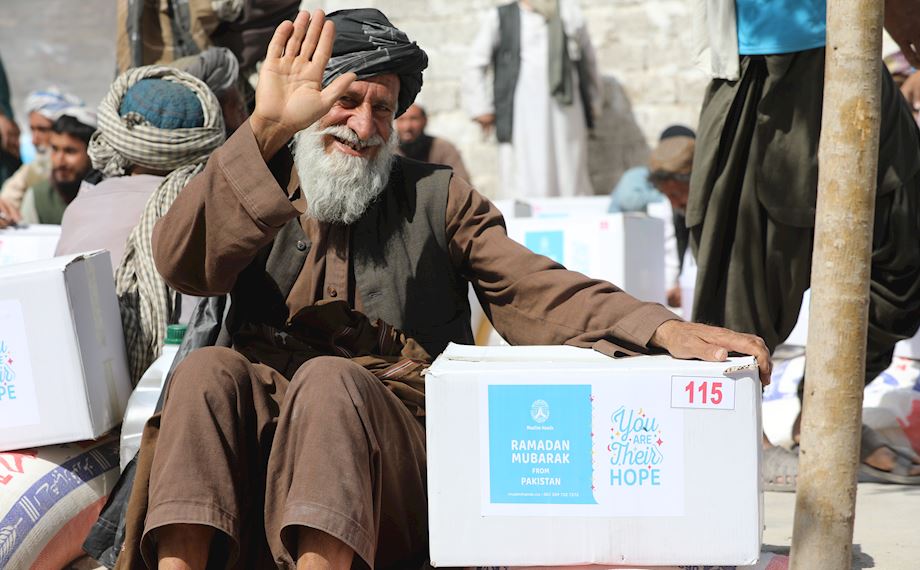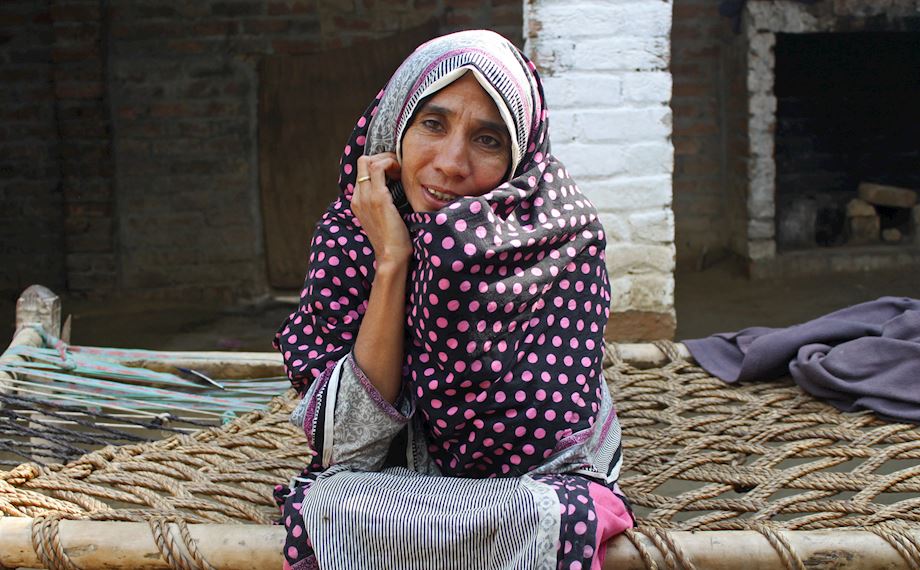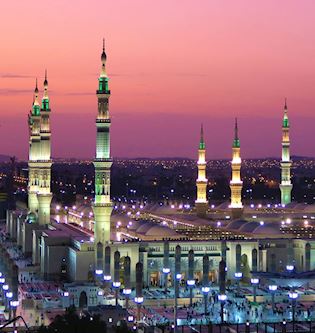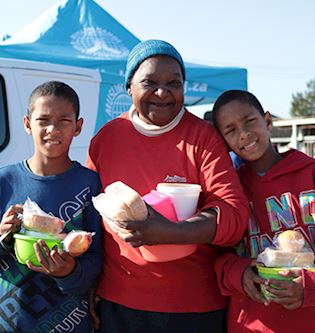5 energy boosting foods to use at Sahoor

Breakfast is the most important meal of the day and is of even more significance during the holy month of Ramadan. Not only does it provide essential energy needed to go through the entire day of fasting, but also holds abundant blessing and rewards. The Messenger of Allah (saw) said, “Eat Sahoor for in Sahoor, there is blessing” [Bukhari].
This authentic hadith shows us that the Prophet (saw) commanded one to eat Sahoor when fasting as it holds a great deal of health benefits, goodness, and spiritual blessing. In order to stay optimally active during the fasting hours, it is important to make the right food choices that are energy-boosting and revitalizing for the body. Here are 5 simple recommended foods to eat at Sahoor:
Whole grain oats: Eating whole-grain oats at Sahoor can be highly nutritious and filling. Oats contain essential fibers and carbohydrates that provide energy and regulate blood sugar levels in the body. This is a great Sahoor option as the complex carbohydrates release energy slowly, keeping you feeling full for a longer period. There are many ways you can have your oats. Instant oats can be made just by pouring hot milk or water, or alternatively, you can also soak your oats in milk overnight and have them cold. Drizzled with honey, and topped with fruits and chia seeds, oats can serve as a great breakfast meal that can provide you with long-lasting energy throughout the fasting hours.
Harees: Harees is a popular traditional dish that is made of wholewheat porridge blended with meat. This hot soup of thick consistency is a great meal to have at the time of Sahoor as it contains all the necessary elements needed for a balanced diet: complex carbohydrates, proteins and is rich in fiber. It is also a common practice of the Middle East to serve this dish at the time of iftar as it is a great source of energy needed for the night prayers of Taraweeh. It is also a common dish that is consumed in the Indian and Kashmiri cuisines.
Eggs: Eggs are a great source of protein and can serve as a great breakfast option to fill you up. Poached, scrambled, fried, or boiled, eggs are a great option to eat at the time of Sahoor. Eggs are highly nutritious as they hold a great amount of protein, healthy fats, and amino acids that are used to build muscle in the body. You can pair your eggs with hummus and bread to make it a satisfying breakfast that will keep you energized for the rest of the day, or with avocados too as a lighter option.
Smoothie bowls: Smoothie bowls are an excellent and delicious breakfast option as they contain important fiber from whole fruits and vegetables. Not only are smoothie bowls loaded with nutrients, but they also contain vital minerals and vitamins needed for optimal functioning of the body. You can blend some yogurt and mixed berries with honey and top it off with a portion of oats, nuts, chopped dates, goji berries, chia seeds, and coconut flakes

Bread: Wholesome multi-grain breads are a great option to provide you with nutrients like Vitamin B, iron, zinc, and magnesium. You can top your bread off with mashed avocados, eggs, or chicken in a sandwich. Breads are complex carbohydrates and great for fuelling up during the holy month of Ramadan.
Ramadan is a month of giving, as you are planning your healthy menu this month its important to remember those who are less fortunate, who can’t afford food for iftar or suhur. This Ramadan you can help us provide nutritious food parcels and cooked meals to families in need and multiply the reward of your fasts.

















